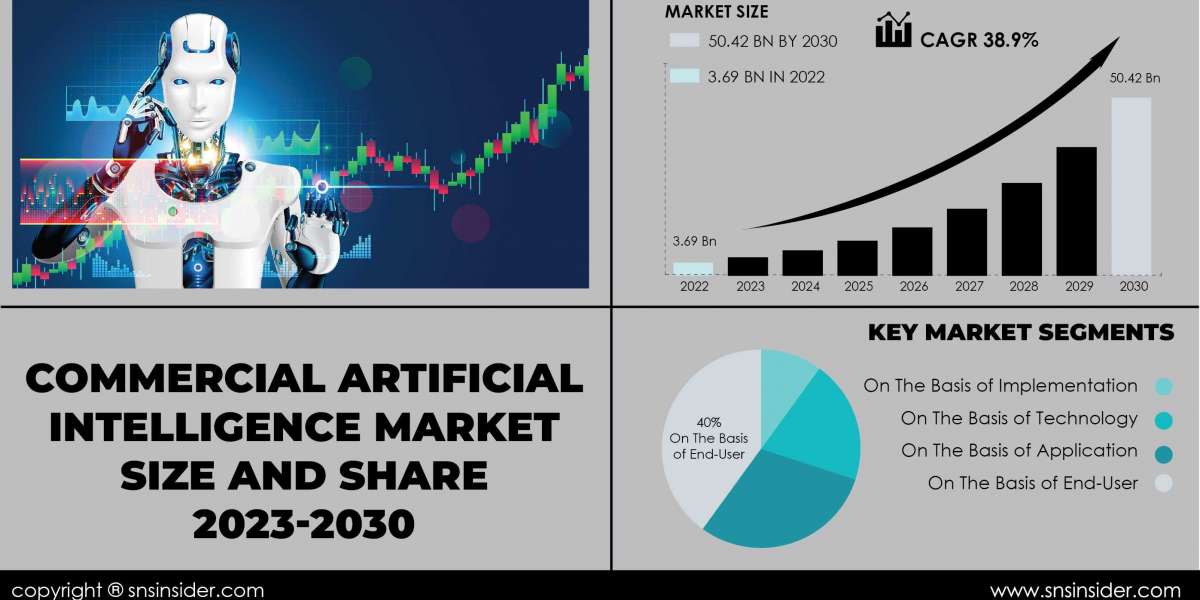In the dynamic landscape of real estate management, staying ahead means embracing technology. Property management software has revolutionized the way landlords, property managers, and real estate professionals handle their operations. From streamlining processes to enhancing tenant experiences, property management software has become an indispensable tool in the industry.
Understanding Property Management Software
Before delving into its development, let's grasp the essence of property management software. Essentially, it's a digital solution designed to facilitate the management of properties, tenants, finances, and maintenance tasks. These platforms come equipped with a range of features, including:
- Tenant and lease management: Efficiently handle tenant inquiries, lease agreements, and rent collection.
- Maintenance tracking: Schedule and monitor maintenance tasks, ensuring properties are well-maintained.
- Financial management: Streamline accounting processes, including invoicing, budgeting, and reporting.
- Communication tools: Foster seamless communication between landlords, tenants, and property managers.
The Evolution of Property Management Software Development
The journey of property management software development has been marked by innovation and adaptation. Initially, these tools were basic and focused primarily on accounting functions. However, with technological advancements and changing industry needs, property management software has evolved significantly.
1. Shift Towards Cloud-Based Solutions
One of the most notable advancements is the shift towards cloud-based solutions. Traditional, on-premise software required installation on individual computers, limiting accessibility and scalability. Cloud-based platforms, on the other hand, offer remote access, real-time updates, and enhanced security. This flexibility has empowered property managers to oversee their operations from anywhere, at any time.
2. Integration of AI and Automation
Artificial Intelligence (AI) and automation have also played a pivotal role in shaping property management software. These technologies enable predictive analytics, automated workflows, and smart decision-making. For instance, AI-driven chatbots can handle tenant inquiries round-the-clock, enhancing customer service and efficiency.
3. Focus on User Experience
User experience (UX) has emerged as a key priority in software development. Modern property management platforms prioritize intuitive interfaces, personalized dashboards, and seamless navigation. By placing the user at the center of design, developers ensure that the software is easy to adopt and use, regardless of technical proficiency.
4. Embracing Mobility
In today's fast-paced world, mobility is non-negotiable. Property managers are constantly on the move, requiring access to critical information on their mobile devices. Recognizing this need, developers have optimized property management software for mobile use, offering dedicated apps and responsive web interfaces. This enables users to manage properties, communicate with tenants, and track finances on the go.
The Impact on Property Management Industry
The evolution of property management software has had a profound impact on the industry as a whole. Here are some key benefits:
- Increased Efficiency: Automating repetitive tasks and streamlining processes saves time and resources.
- Improved Communication: Enhanced communication tools foster better relationships with tenants and stakeholders.
- Better Decision-Making: Access to real-time data and analytics enables informed decision-making.
- Enhanced Tenant Experience: From online rent payments to maintenance requests, tenants benefit from seamless interactions with property managers.
Conclusion
In conclusion, the development of property management software has transformed the way real estate professionals operate. From its humble beginnings to cutting-edge solutions, property management software continues to evolve, driving efficiency, innovation, and growth in the industry. By embracing technological advancements and prioritizing user needs, property managers can unlock new opportunities and stay ahead in today's competitive market.








